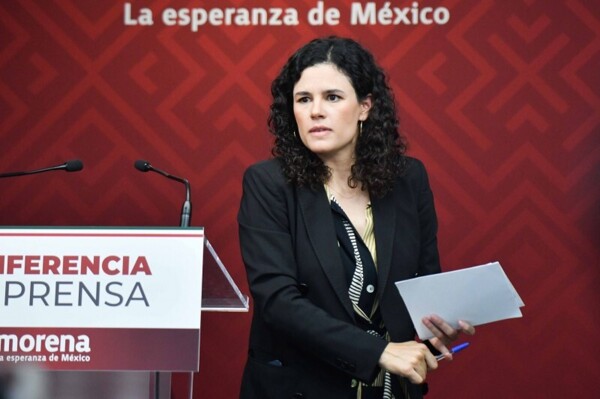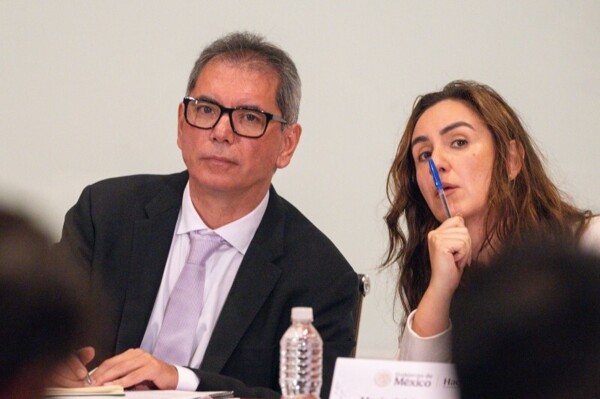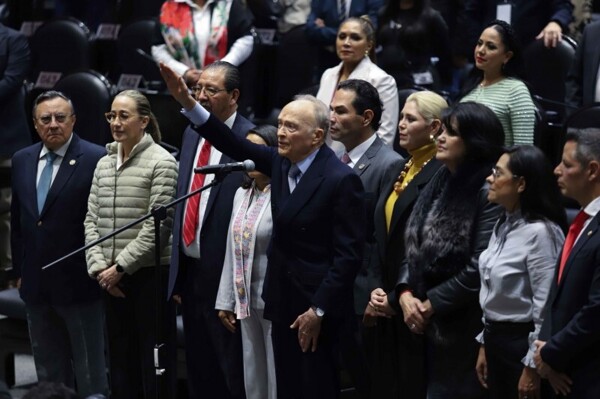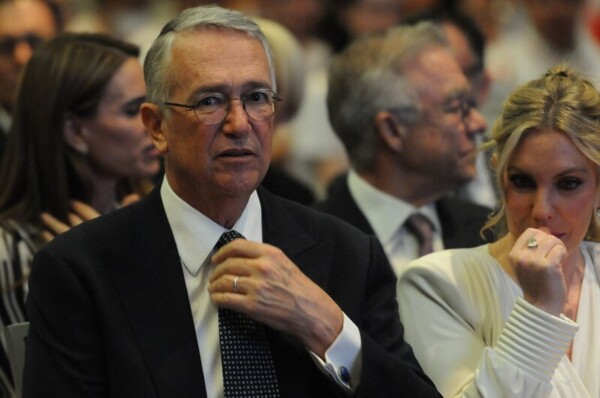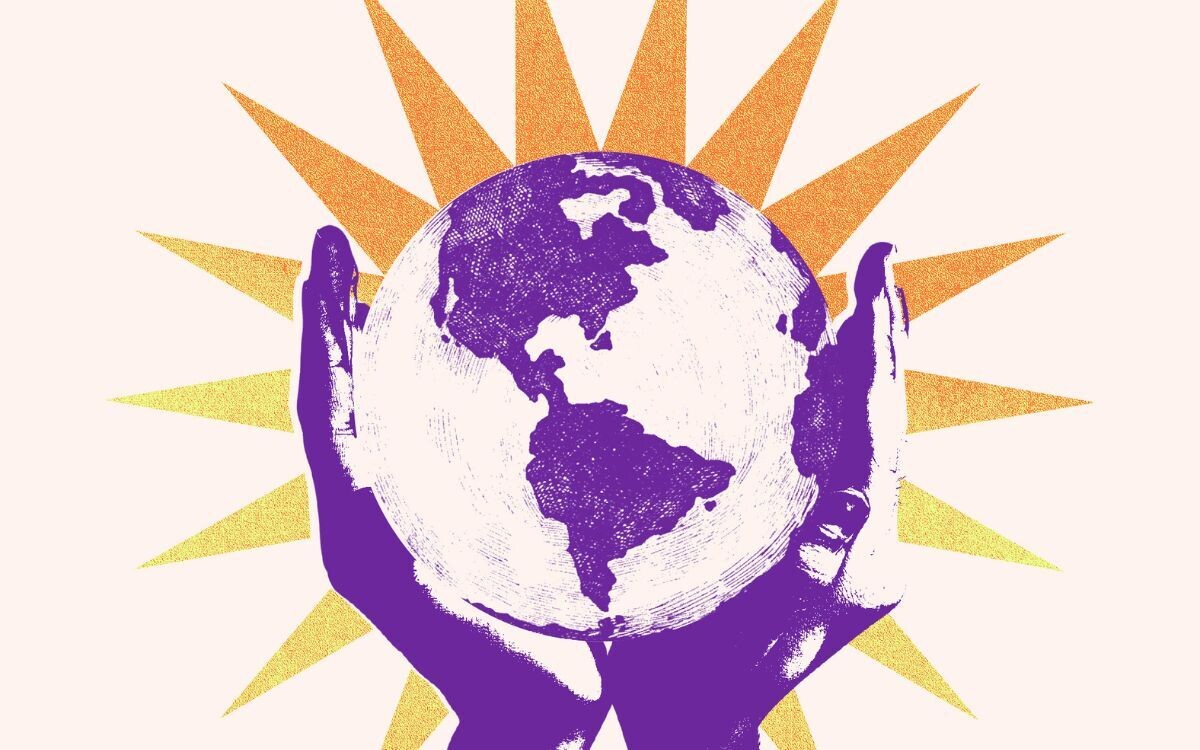
On October 29, 2025, the International Day of Care and Support is commemorated, a date since 2023 that recognizes the importance of investing in the care economy and building solid, inclusive, and human rights-responsive systems that meet the needs of all people, regardless of gender, age, or disability. Proclaimed by the United Nations General Assembly, it frames the need to recognize and value care as indispensable for the survival and development of people and social well-being, a task carried out predominantly by women. Citlalli Hernández, head of the Secretariat for Women in Mexico, highlighted during the president's morning briefing that 3 out of 4 caregivers are women, who invest 41.8 hours in this labor, compared to only 20.2 for men. She explained that although they are the backbone of society, historically these women have been invisibilized, despite their contributions, which she estimated at around 26.3% of the Gross Domestic Product. Facing a lack of remuneration, she stated on this day that it is now more necessary than ever to give a place to caregivers, as we are at a point of high population aging with a prevalence of chronic diseases and lower birth rates. Therefore, she announced that work is already underway on the construction of the National System of Progressive Care (SIDECU), which will be based on six objectives and will receive an investment of 466,675 million pesos. 1. Guarantee the relevance of care. Being a program still in development by the authorities, Hernández presented the phased projection of SIDECU: First phase: A public platform whose objective will be to provide a space for citizens to consult the offer of care centers. Second phase: A comprehensive planning tool that prioritizes the estimation of gaps and identifies what they highlighted as 'care deserts.' Third phase: A system for identification, referral, and follow-up with multiple points of entry and interoperability. Care work is not a woman's thing: UN Women. UN Women in Latin America and the Caribbean published an official text on its website regarding this date, highlighting that care is everyone's responsibility, not just women's as some believe. 'Around the world, women spend more than 2.5 times more time on unpaid care work than men.'











